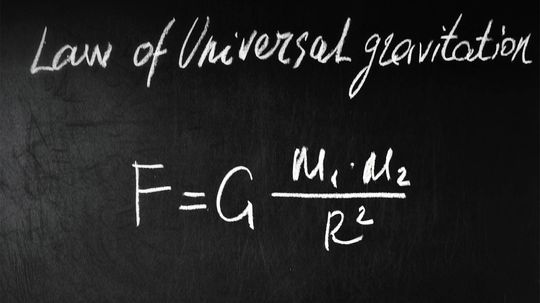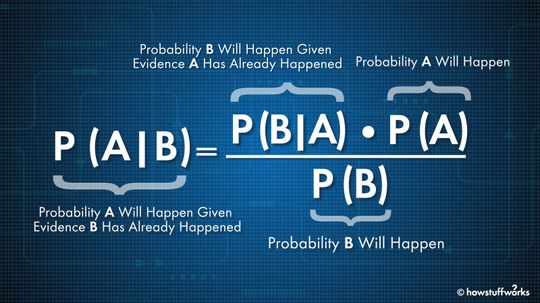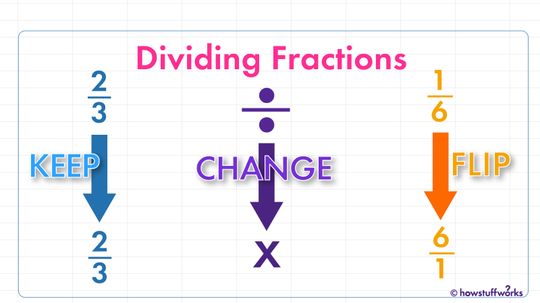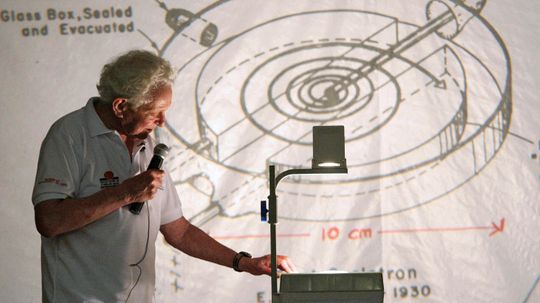Physical Science
Physical science is the study of the physical world around you. Learn about everything from electricity to magnetism in this section.

Brown Noise vs. White Noise: Which Is Best for Quality Sleep?

Can a sound wave kill you?

Can two cans and a string really be used to talk over a distance?

7 Types of Alcohol for Drinking, Cleaning and More

Understanding the Empirical Formula in Chemistry

The Most Expensive Metal in the World Isn't Gold or Platinum

How Electricity Works

How Faraday Cages Work

How Gasoline Works

What Does Mummification Have to Do With Gene Hackman?

What do bugs have to do with forensic science?

5 Things You Didn't Know About Autopsies

How Alchemy Paved the Way for Chemistry

How did Nikola Tesla change the way we use energy?

Time May Not Exist, Say Some Physicists and Philosophers

Why Does Ice Stick to Your Fingers?

What if I forgot to remove a piercing before an MRI?
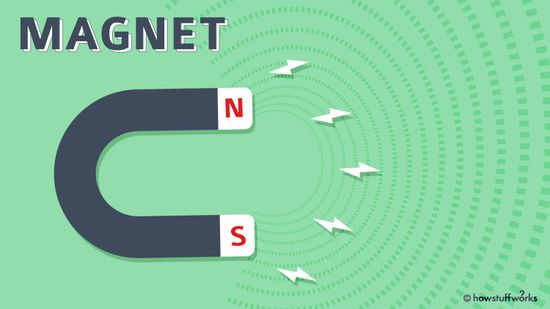
A Kid-friendly Introduction to Magnets and Magnetism

What's the Hardest Math Problem in the World? Try These 9

8 Types of Data That Inform Insights and Relationships
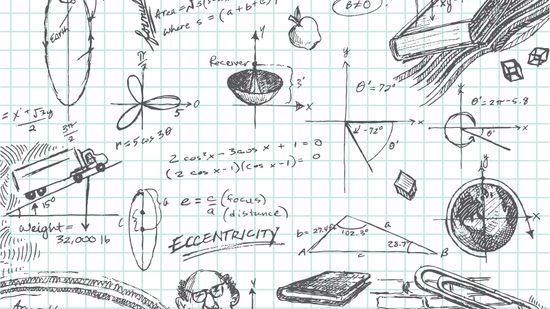
Congruent Angles: Definition, Symbol and Key Theorems

Tonnes vs. Tons: Metric vs. Imperial Measurements Strike Again

The Most Expensive Liquid Is 26,000x the Price of Human Blood

5 Hugely Fun Facts About Mass (Not Weight)

The Demon Core: A Tale of Atomic Ambition and Tragic Fate

Half-Life Formula: Components and Applications
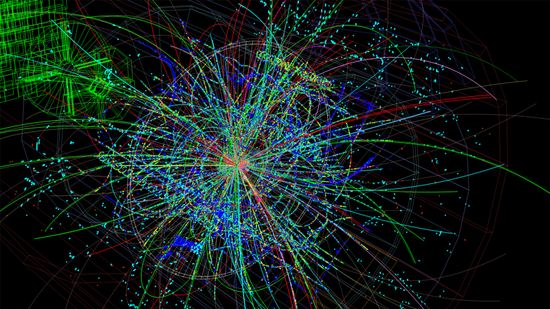
Could an 'X17 Particle' Hint at a Fifth Force in the Universe?

Why Are School Buses Yellow?

HowStuffWorks: How To Draw An Impossible Shape
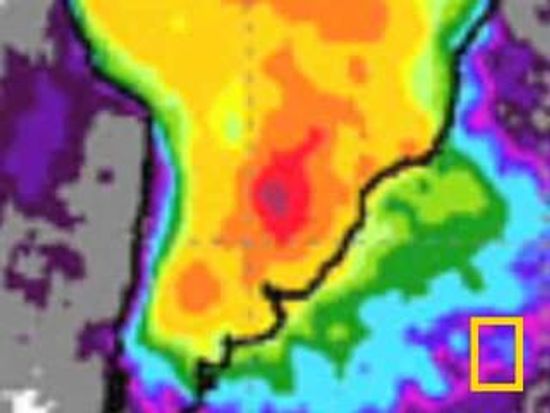
What Are the Colors in the Visible Spectrum?
Learn More / Page 8
Sir Isaac Newton's Law of Universal Gravitation helps put the laws of gravity into a mathematical formula. And the gravitational constant is the "G" in that formula.
By Mark Mancini
You use solenoids every day without ever knowing it. So what exactly are they and how do they work?
By Mark Mancini
Scientists at the Lawrence Berkeley National Laboratory just made history with einsteinium. They held a sample of the short-lived element long enough to measure some of its chemical properties.
By Dave Roos
Advertisement
From soap to pharmaceutical products, glycerine has many applications.
Bayes' theorem describes the probability of an event, based on prior knowledge of conditions that might be related to the event. Sounds intimidating, but we'll walk you through it.
By Mark Mancini
Science requires that we make guesses, which is why we have confidence intervals.
Magnetism is at work all around you. Even our Earth is a giant magnet!
Advertisement
An imaginary number is a value that's the square root of a negative number. It can't exist on a one-dimensional number line. We'll explain.
First discovered in the late 1930s, muons are passing through you and everything around you at a speed close to light, as cosmic rays strike particles in our planet's atmosphere. So what are muons and how are they informing the new physics?
The lava-like material that formed after the Chernobyl nuclear disaster is a deadly example of corium, a hazardous material created only after core meltdowns. Five minutes next to it can kill a human.
Numerators and denominators, oh my! It sounds complicated, but learning how to multiply fractions is easy. It just takes three simple steps.
Advertisement
Dividing fractions is easy once you learn a couple of rules and remember three words - keep, change and flip.
Thorium is in many ways safer than uranium for nuclear power production. But is it safe enough to bet on for our energy future?
The seriously ambitious experiment aims to understand the mysterious neutrino and maybe even figure out why matter won out over antimatter during the Big Bang.
A reinterpretation of an ancient Babylonian tablet shows that trigonometry might be 1,000 years older than thought. But there's some disagreement.
Advertisement
If you're one of those people who chooses invisibility as your desired superpower, it could mean you have a dark side.
By Alia Hoyt
Scientists have figured out why some objects stick more to each other. And it's a very cool trick.
By Alia Hoyt
Why do we love looking at a perfectly stacked display of soup cans or six flower petals around a stamen? Our brains seem wired for it -- but why?
By Dave Roos
The fields of sciences and mathematics are capable of some amazing things and answering some of the biggest and most puzzling questions on the planet. But what may shock you is that some of the most mundane and seemingly simple questions have no real confirmed answers from scientists. From how a bike works to how [...] The post 15 Seemingly Simple Questions We Don't Know the Answer To appeared first on Goliath.
By Jack Sackman
Advertisement
The answer to the question "Does time exist?" may seem obvious, but is it? And what if time doesn't exist, but is merely a human construct?
By Sam Baron
With a little patience, you can master this trick of converting binary code to decimals - and have fun doing it!
By Mark Mancini
It's a young lady! It's an old woman! It's a blue dress! No, it's gold! Why are we fooled by optical illusions and what do they tell us about how the brain works?
The Large Hadron Collider isn't just a one-trick (Higgs) pony. Find out what else has happened where hundreds of millions of particles may collide any given second.
Advertisement
When something as important as the Higgs rocks our world, we want to know every last thing about it, including what it looks like. So?
Of all the superheroes we have in the universe, supersymmetry might be the one that will save us from total annihilation. Not because it fights bad guys, but because it just might explain how the tiniest parts of the cosmos work.
